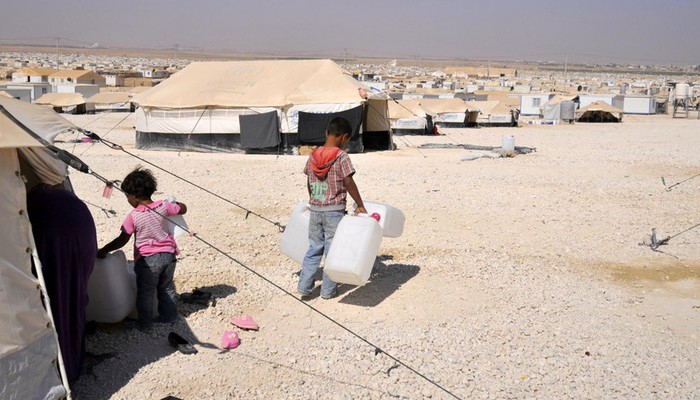Creating New Knowledge
The topic of refugees is one of the most significant discussions shaping the world today; we hear about the plight of refugees on the news almost every day, read about the politics of refugee resettlement, witness images of suffering children, and share personal views with friends and family. Academics in refugee studies have a critical role to play in these discussions because their research contributes to new knowledge, but it also reminds us that there is much more to learn about the topic.
Global Histories of Refugees in the 20th and 21st Centuries Conference and Masterclass, October 2016
Conferences provide academics with the opportunity to share ideas, receive feedback on their own research and make connections with people. A couple of weeks ago I attended a conference on the Global Histories of Refugees in the 20th and 21st Centuries, held at Melbourne University. The conference programme was filled with budding scholars and well-known names in the field, including Professor Linda Briskman and Professor Peter Gatrell, as well as refugee advocates from the community. The variety of research projects presented at the conference was expansive and reinforced the usefulness of history to refugee scholarship. Some of the themes of the conference were: ‘Children and Youth’, ‘Defining Refugees’, ‘Australian Government and Political Control’, ‘Photographic Representations’, ‘Memory’, ‘Welfare and Settlement’. Yes – it was information overload and I attempted -not always successfully – to make connections to my own research. Here are some of the highlights from the three-day conference and masterclass:
- The keynote lecture was one of the most important talks of Day 1 and while it was at 9am I found myself not falling asleep. Among other topics, Professor Linda Briskman spoke about the role of the academic as an advocate, and her own experiences in this position. How do academics position themselves as advocates? Is this even an option?
- Representations of child refugees is critical, and I noted that a number of research projects used the voices of refugees themselves; the emotions, experiences and narratives brought a real face to the research. This humanising aspect is often absent in discussions, and yet so critical to understanding refugees and their histories.
- History matters. In his masterclass a couple of days after the conference Professor Peter Gatrell got us to think about the most basic and complex question: why does refugee history matter? We were split up into different groups and had to answer this question with a specific audience in mind. I was in the group that was pitching an idea for a TV show about refugee history. Our pretend TV show ‘de-familiarised the familiar’ and interrogated taken for granted truths about a rural town in Australia, by touching on notions of space, culture, history, belonging and food. By the end of the lesson, I was convinced that viewers would watch our show and stay tuned for Episode 2. Now to pitch our ideas to a TV station….
Overall, the conference and masterclass were useful and provided a much needed meeting point for academics to share their research on the history of refugees. For me, the three days plus the masterclass were about creativity, and how people from all walks of life, including researchers from different disciplines, can advance discussions about refugees in their own unique way.
